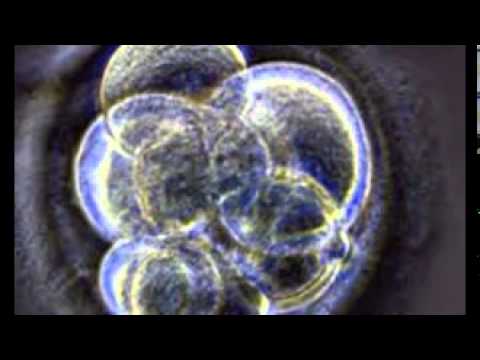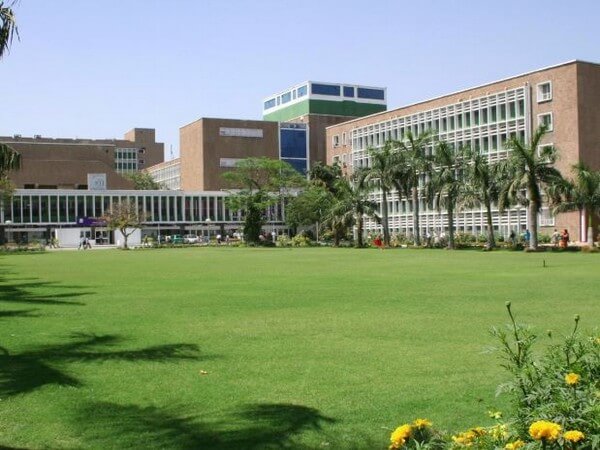Human embryo 'editing' sparks international debate
Thu 23 Apr 2015

Beijing: In a world’s first, Chinese scientists have reported “editing” the genomes of human embryos. The results confirm widespread rumours that such experiments had been conducted in China.
These rumours sparked a high-profile debate recently about the ethical implications of such work, the scientific journal Nature reported, citing the study that first appeared in the journal Protein & Cell.
In the paper, researchers led by Junjiu Huang, a gene-function researcher at Sun Yat-sen University in Guangzhou, used “non-viable” embryos [which cannot result in a live birth] that were obtained from local fertility clinics.
The team attempted to modify the gene responsible for I-thalassaemia, a potentially fatal blood disorder using a gene-editing technique known as CRISPR/Cas9. “I believe this is the first report of the gene-editing technique applied to human pre-implantation
embryos. The study is a landmark one as well as a cautionary tale,” said George Daley, stem-cell biologist at Harvard Medical School in Boston.
embryos. The study is a landmark one as well as a cautionary tale,” said George Daley, stem-cell biologist at Harvard Medical School in Boston.
Some say that gene editing in embryos could have a bright future because it could eradicate devastating genetic diseases before a baby is born.
Others say such work crosses an ethical line. The technique used by Huang’s team involves injecting embryos with the enzyme complex CRISPR/Cas9, which binds and splices DNA at specific locations.
They studied the ability of the CRISPR/Cas9 system to edit the gene called HBB, which encodes the human I-globin protein. Mutations in the gene are responsible for I-thalassaemia. The team injected 86 embryos and then waited 48 hours, enough time for the CRISPR/Cas9 system and the molecules that replace the missing DNA to act — and for the embryos to grow to about eight cells each.
No Comments For This Post, Be first to write a Comment.
Most viewed from Health
AIMIM News
Latest Urdu News
Most Viewed
May 26, 2020
Do you think Canada-India relations will improve under New PM Mark Carney?
Latest Videos View All
Like Us
Home
About Us
Advertise With Us
All Polls
Epaper Archives
Privacy Policy
Contact Us
Download Etemaad App
© 2025 Etemaad Daily News, All Rights Reserved.






























